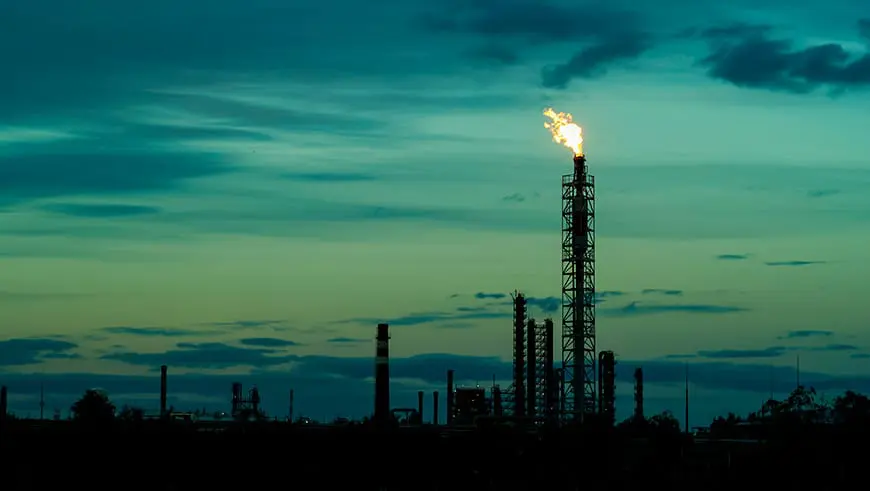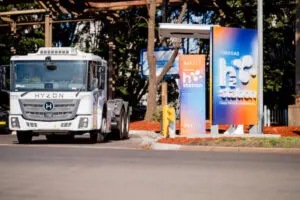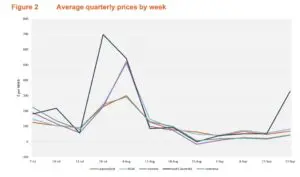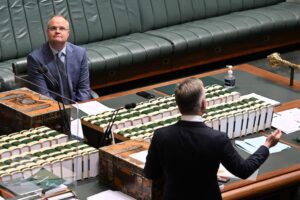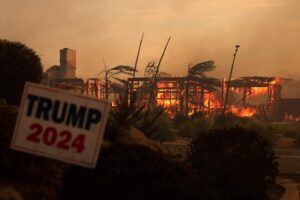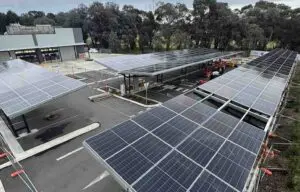Australia has six times as much uncontracted gas – that is, gas available for use right now – than the potential shortfall predicted by the energy market operator, according to The Australia Institute research director Rod Campbell.
Campbell’s reminder not to panic about gas shortages comes as industry lobby group Australian Energy Producers threatens an economic crisis and a reversion to 19th century energy technology if it isn’t allowed to open up new gas fields in Australia.
The latest scare campaign claims that a ban on new investment in gas extraction would “trigger ‘major economic disruption’ on both coasts of Australia… lead to manufacturers closing… electricity generation would be interrupted within two years, risking blackouts and soaring emissions as coal and diesel replace gas.”
Campbell says the claims mustn’t be taken at face value.
“The problem is exports and getting the right amount of gas to the right place at the right time. It’s not about ‘do we need more gas projects, do we need to panic, are the lights going out’. There’s loads of gas, we just need some clear thinking about how to get it where it needs to go,” he says.
“It’s situation-normal for the gas industry to claim the lights are going out. They’ve been crying wolf for a very long time but the fact is Australia is producing more gas than ever before and the gas industry is as voracious as ever before in wanting to make as much money as possible, and to hell with Australian consumers and the global climate.

A report commissioned by Australia Energy Producers attacking a proposal by the Greens to ban new gas investment makes a range of claims, including that gas for east coast electricity will run out by 2029.
It claims manufacturers, which have been angry about the export-level pricing they’ve been paying since the east coast LNG plants were finished, will face closure within a decade; that Western Australia will run out of gas in the mid-2030s; and damage relations with trading partners.
But Campbell says the gas lobby is “talking out both sides of its mouth” by threatening domestic gas shortages if it isn’t allowed to expand gas fields while also advocating for new export supplies, such as with Woodside’s North West Shelf proposal.
“When facing a genuine resource shortage, the usual first step is to reduce usage, but that is far from what’s happening here,” he says.
“Tax-shy multinational corporations have been driving up the cost of gas in Australia by forcing us to bid against the international market for our own resources.
“Unsurprisingly, the gas industry says the answer to this so-called crisis is to subsidise them into producing more gas, mostly for export.”
And the impact, while likely to be disruptive, would not return Australia to pre-industrial times.
“The impact would be minimal on the Australian economy in terms of royalties and taxes as the gas industry is famously tax-shy, and described by the ATO as systemic non-payers of tax,” Campbell says.
“Absolutely it would hasten the transition to renewable energy and away from gas.”
Research by the Australia Institute earlier this year found that gas companies only pay royalties on 44 per cent of the gas they export, and non-payment of taxes is an ongoing issue, as covered by Renew Economy in 2022.

